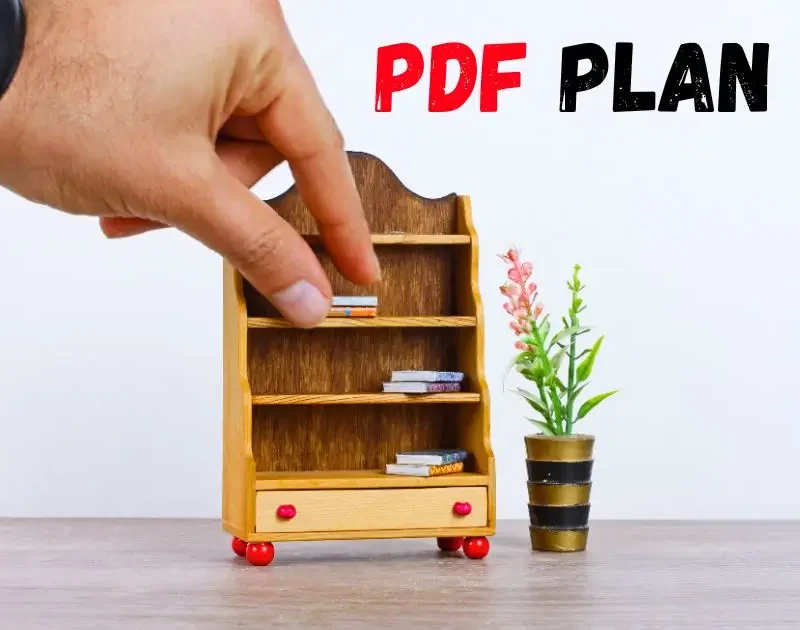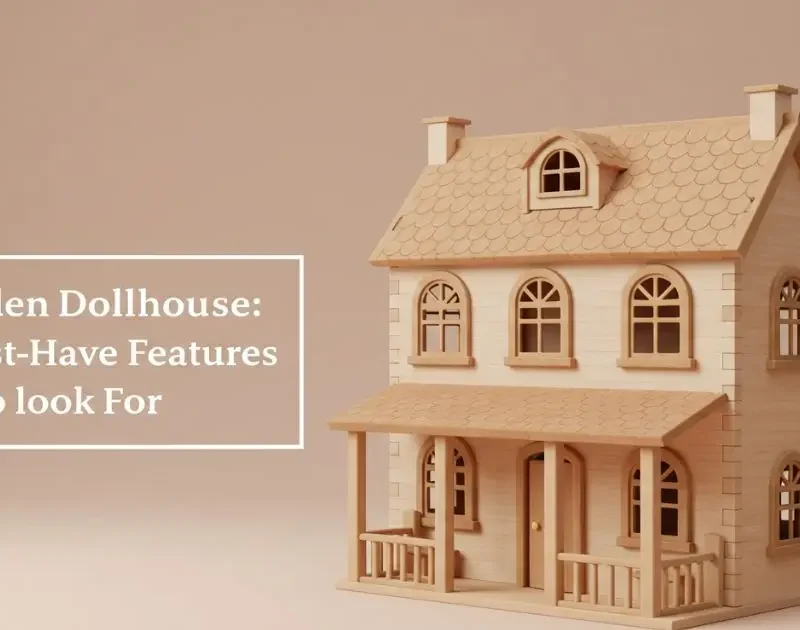Childhood is a period filled with growth, discovery, and sometimes, challenges that may cause stress or anxiety. Many parents and educators are searching for effective ways to help children manage these emotions. One proven method is Miniature Play in Reducing Children’s Anxiety. This therapeutic approach allows children to express themselves in a safe and creative environment, while developing emotional resilience.
In this article, we will explore how miniature play works, why it is beneficial, and how parents, teachers, and therapists can integrate it into a child’s daily life.
1. What is Miniature Play?
Miniature play involves using small objects, figurines, and dollhouses to create scenarios that reflect real or imagined experiences. Children are naturally drawn to miniatures because they provide a sense of control over situations that may otherwise feel overwhelming.
Therapists often use miniature worlds to encourage children to act out their feelings, fears, and hopes. This symbolic play becomes a language for children who may not yet have the vocabulary to express complex emotions.
2. Miniature Play and Anxiety Reduction
Anxiety in children can manifest through restlessness, trouble sleeping, difficulty focusing, or physical complaints like stomachaches. Miniature play provides a calm, structured, and enjoyable outlet to manage these feelings. Here’s how it helps:
- Expression of Emotions: Children can project their inner worries onto miniature characters, making it easier to externalize and process them.
- Sense of Control: When children arrange furniture, move dolls, or set up scenarios, they experience control in a world that is entirely theirs.
- Safe Problem-Solving: Children can “rehearse” solutions to their fears in a miniature environment, which helps build confidence in real-life situations.
- Stress Relief: The act of focusing on small details and creative play provides mindfulness-like benefits, calming the mind and body.
3. Scientific Support for Miniature Play
Psychologists have long recognized the therapeutic role of play. Studies show that symbolic play, including miniature play, lowers stress hormones and promotes emotional regulation. Child therapists frequently use sand trays, dollhouses, and figurines as effective tools in reducing children’s anxiety.
By engaging the imagination, miniature play encourages the brain to process emotions in a non-threatening way. This makes it a particularly powerful tool for children dealing with social anxiety, separation anxiety, or generalized worries.
4. How Parents Can Use Miniature Play at Home
You don’t need to be a professional therapist to introduce miniature play into your child’s routine. Here are practical tips:
- Create a Miniature Corner: Dedicate a small area with a dollhouse, figurines, or even DIY cardboard houses.
- Join in Play: Sometimes children feel more secure when parents participate. Let your child lead the story, while you play a supporting role.
- Observe, Don’t Control: Resist the urge to correct or guide too much. Instead, watch how your child uses the miniatures — it can reveal hidden worries or emotions.
- Encourage Expression: Ask gentle questions like, “What is the little doll feeling?” This helps children verbalize emotions at their own pace.
5. Miniature Play in Schools and Therapy
Educators and therapists are increasingly using miniature play to support children’s mental well-being. In classrooms, it can be integrated into play corners to help children unwind during stressful school hours. In therapy, miniature play is structured as a safe outlet where trained professionals guide the child toward healthier coping strategies.
This approach bridges the gap between creative expression and emotional healing, making it an invaluable tool in reducing childhood anxiety.
Miniature play is more than just entertainment; it is a powerful tool in supporting emotional development and reducing anxiety in children. By offering a safe space for self-expression, encouraging problem-solving, and providing comfort, Miniature Play in Reducing Children’s Anxiety proves to be both therapeutic and transformative.
Parents, teachers, and therapists can all benefit from incorporating this method into their interactions with children. In a world where stress and anxiety are increasingly common, miniature play offers a simple yet profound solution to nurturing happier, calmer, and more resilient children.




